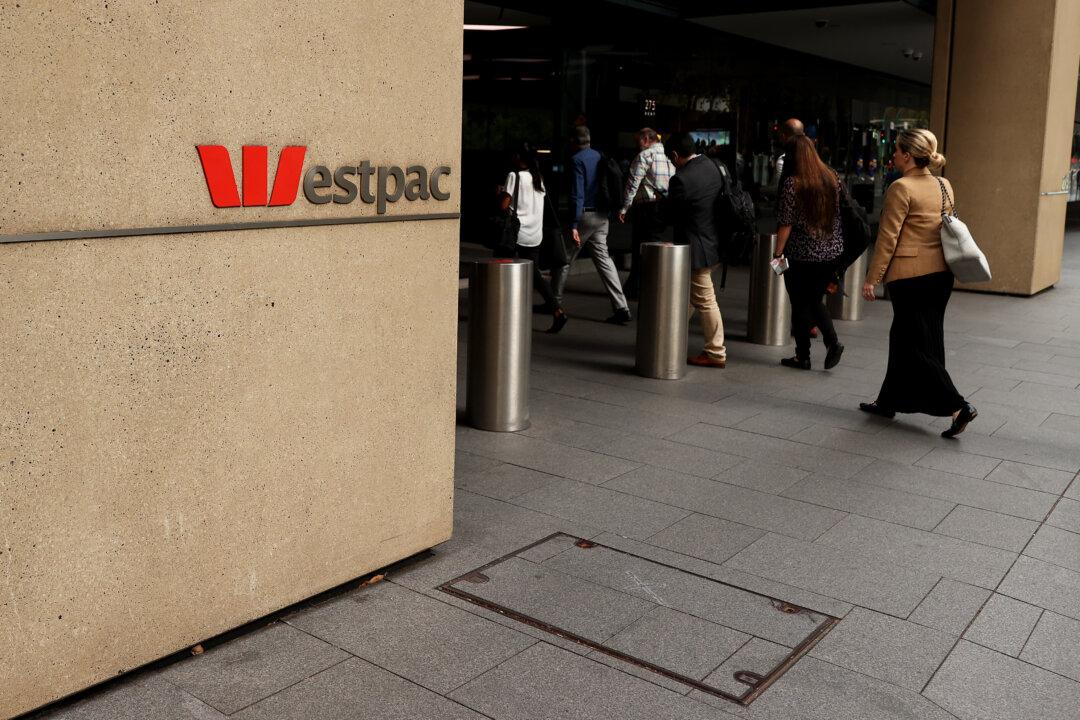One of Australia’s big four banks has faced criticism for favouring electric vehicle (EV) owners with its lending policy.
At a recent inquiry hearing, Liberal MP Garth Hamilton, the deputy chair of the Standing Committee on Economics, questioned Westpac bank’s representatives about its lower interest rates for EV and hybrid car loans.





